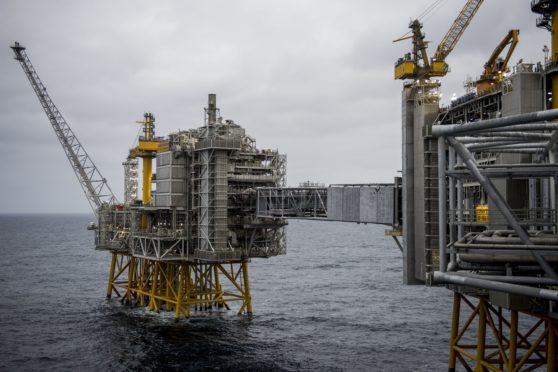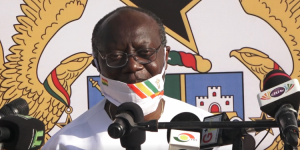The Economist Intelligence Unit (EIU), the London-based research firm, says Ghana’s hydrocarbons sector faces a difficult outlook after the exit of US-based energy major ExxonMobil compounded the sector’s recent woes.
ExxonMobil last month announced it was quitting the Deepwater Offshore Cape Three Points oil exploration block amidst reports of lack of a viable oil find.
The exit comes after Norwegian company Aker Energy postponed the development of its Pecan field offshore Ghana, which is projected to hold about half a billion barrels of oil, following the coronavirus crisis last year.
The EIU said in its May Ghana country report that these developments have dimmed the outlook for the oil sector, which is likely to affect economic growth.
“The longer-term prospects for the sector are weaker, owing to delays in developing other sites as a result mainly of the fallout from the coronavirus (Covid-19) pandemic,” the business intelligence firm said.
“The final investment decision for the Pecan offshore oilfield was postponed from 2020 owing to the impact of the pandemic on energy prices, and we now expect it to be pushed back to 2022 or potentially even later, and the field could be developed incrementally in order to reduce costs,” it added.
“Similarly, the government has faced delays over the proposed unification of the existing Sankofa [operated by Eni] and adjoining Afina oilfields (discovered in 2019 by Ghana’s Springfield, but lacking an approved plan of development).”
The firm predicted that these ongoing delays to developing offshore fields will limit the ability of the government to reach its target of doubling output capacity to 400,000 barrels of oil per day, which would constrain Ghana’s GDP growth in the medium term.
Ghana’s economy is projected to grow at 5 percent both this year and in 2022. Growth is expected to inch up marginally in 2023 before falling to 4.9 percent in 2024.







